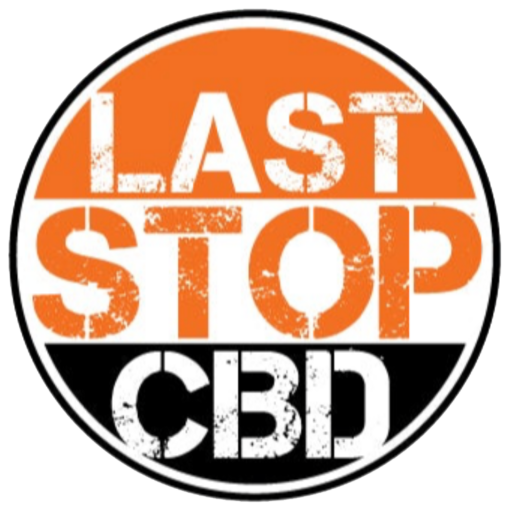Common Misconceptions About CBD: Debunking Myths
The growing interest in CBD (cannabidiol) has led to an abundance of information, but it has also given rise to many myths and misconceptions. As a result, some people may be hesitant to explore the potential benefits of CBD due to a lack of clarity. In this article, we’ll debunk some of the most common misconceptions about CBD and provide you with accurate information.
Myth 1: CBD Gets You High
Debunked: This is perhaps one of the most prevalent misconceptions about CBD. Unlike its cousin, THC (tetrahydrocannabinol), CBD does not produce a psychoactive high. THC is the compound responsible for the “stoned” feeling associated with marijuana use. CBD, on the other hand, is non-intoxicating and will not alter your state of mind. It may provide a sense of relaxation or calm, but it does not induce a high.
Myth 2: CBD Is Illegal Everywhere
Debunked: The legality of CBD varies from place to place and depends on the source and concentration of the CBD. In the United States, for example, the 2018 Farm Bill legalized the production of industrial hemp and hemp-derived CBD products containing less than 0.3% THC. Many countries have similar laws in place, making CBD legal for purchase and use in various forms.
However, it’s essential to be aware of your local laws and regulations, as they can differ significantly. Always ensure that the CBD products you buy come from reputable sources and comply with your region’s laws.
Myth 3: CBD Is Addictive
Debunked: CBD is not considered addictive. In fact, it may have potential anti-addictive properties. Addiction typically involves the brain’s reward system, which is influenced by substances like opioids, alcohol, or nicotine. CBD has been studied for its potential to help individuals with substance use disorders by affecting the brain’s response to addictive stimuli.
Myth 4: All CBD Products Are the Same
Debunked: Not all CBD products are created equal. CBD products can vary in terms of quality, potency, and ingredients. It’s crucial to choose products from reputable manufacturers who provide third-party lab testing results to ensure product quality and accuracy.
Additionally, there are different types of CBD products, including full-spectrum, broad-spectrum, and CBD isolates, each with its unique composition. Full-spectrum products contain a range of cannabinoids and terpenes, while isolates contain only pure CBD. The choice of product type can impact the potential effects.
Myth 5: CBD Works Immediately
Debunked: CBD’s effects can vary depending on the product and method of consumption. While some people may experience immediate relief when using methods like vaping or sublingual tinctures, others may take longer to feel the effects when using edibles or capsules. The time it takes for CBD to work can range from a few minutes to an hour or more.
Myth 6: There's No Scientific Evidence Supporting CBD's Benefits
Debunked: There is a growing body of scientific research supporting the potential benefits of CBD. Studies have explored CBD’s effectiveness in managing conditions such as pain, anxiety, epilepsy, and more. While more research is needed to fully understand its capabilities, many users have reported positive experiences with CBD for various wellness purposes.
Conclusion
With CBD’s increasing popularity, it’s essential to separate fact from fiction. Misconceptions about CBD can prevent people from exploring its potential benefits for health and well-being. By understanding the truth about CBD, you can make informed decisions and appreciate its potential role in your wellness journey.
When considering CBD products, look for reputable manufacturers, check local laws and regulations, and consult with healthcare professionals if needed. By dispelling these common myths, you can confidently explore the world of CBD and its potential to enhance your quality of life.
Want to learn more.
- Common Misconceptions About CBD: Debunking Myths
- What is the difference between CBD isolate, Broad Spectrum CBD, and Full Spectrum CBD?
- CBD and Self-Care: Incorporating CBD into Your Daily Wellness Routine
- The Science of CBD: How It Works and What It Can Do for You
- Choosing the Right CBD Product for Your Needs: A Comprehensive Guide






